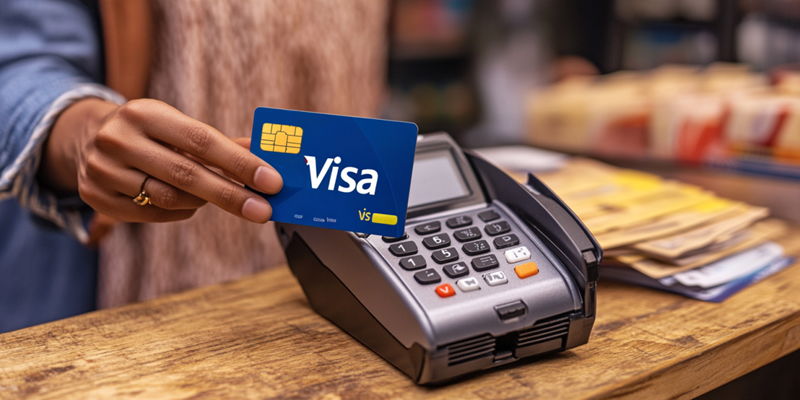Visa’s latest venture to deepen digital payment adoption in Pakistan is poised to revolutionize a country grappling with one of the world’s largest unbanked populations. While the South Asian nation boasts a population of 240 million, only 60% of its 137 million adults have access to bank accounts. Visa aims to improve this statistic significantly by developing the country’s digital payment infrastructure. In collaboration with 1Link, Pakistan’s foremost payment service provider, Visa plans to make remittance processes more efficient and encourage the use of legal digital transaction channels. Through these efforts, Visa hopes not only to increase financial inclusion but also to help Pakistan reach its broader economic goals.
Enhancing Digital Infrastructure and Financial Inclusion
A cornerstone of Visa’s strategy is to make digital payments both more affordable and straightforward in Pakistan. The country, currently home to 120,541 point-of-sale (POS) machines, experiences myriad challenges that hinder the widespread adoption of digital payments. According to Leila Serhan, Visa’s general manager for Pakistan, North Africa, and Levant, the company plans to increase the number of businesses accepting digital payments by tenfold. This ambitious target involves using innovative technology to turn everyday phones into payment instruments, making it easier for small merchants, particularly those situated outside major urban areas, to accept QR codes and card-tap payments.
Visa recognizes that to foster true financial inclusion, accessible and secure digital payment options must reach even the most remote regions of Pakistan. The company’s collaboration with 1Link is critical in making this vision a reality. By enhancing payment security and lowering transaction costs, Visa aims to remove the barriers that have long discouraged smaller businesses from adopting digital payment systems. The introduction of more affordable and user-friendly digital payment technologies holds the promise of transforming the economic landscape for a broad spectrum of Pakistani merchants.
Streamlining Remittances and Boosting Foreign Exchange
The partnership between Visa and 1Link is also set to enhance the remittance process, which plays an essential role in Pakistan’s economy. Remittances constitute a significant portion of the nation’s foreign exchange earnings, vital for its GDP. By integrating 1Link’s PayPak cards with Visa’s Cybersource Platform, the collaborative effort is designed to offer more secure and efficient ways for individuals to send and receive money. Despite their competitive positions in the digital payment space, both organizations view this cooperation as a win-win situation for the broader goal of economic development.
Visa’s strategy isn’t just about the technology; it’s about creating an ecosystem where digital transactions are both secure and straightforward. The enhanced security features embedded within Visa’s payment systems aim to build trust among consumers and merchants alike. Trust is a crucial element in increasing the acceptance of digital payments, especially in markets like Pakistan with historically low banking penetration. As Visa and 1Link work together to streamline remittance transactions, they also aim to shift consumer habits from informal to formal channels, thus contributing to the documentation and formalization of the economy.
Governmental Reforms and Future Prospects
Visa’s latest initiative to expand digital payment adoption in Pakistan is set to transform a nation dealing with one of the largest unbanked populations globally. Despite having a population of 240 million, only 60% of the 137 million adults in Pakistan have access to bank accounts. To address this, Visa is focused on significantly improving the country’s digital payment infrastructure. In partnership with 1Link, Pakistan’s leading payment service provider, Visa aims to streamline remittance processes and promote the use of legal digital transaction channels. These efforts are designed to increase financial inclusion, enabling more citizens to access financial services and benefits. Moreover, by enhancing the digital payment ecosystem, Visa also supports Pakistan in achieving its broader economic objectives. The overarching goal is to create a more inclusive financial environment, contributing to economic growth and stability. As digital payments become more accessible, Pakistan could see substantial improvements in financial literacy, reduced cash dependency, and increased economic activity.

